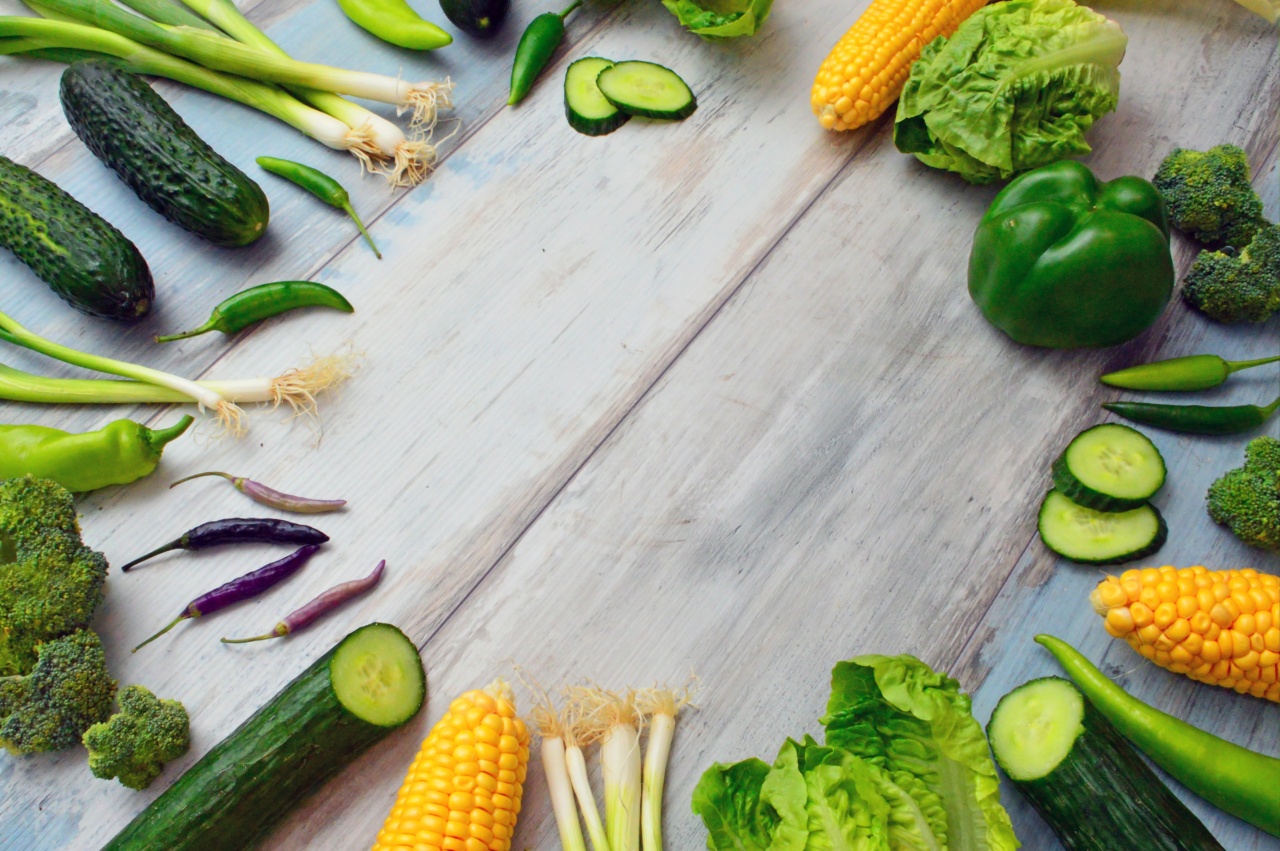When it comes to maintaining a healthy lifestyle, one of the most vital aspects is taking care of our arteries. Our arteries are responsible for transporting oxygen-rich blood to all parts of our body, including our vital organs.
But with the rise of sedentary lifestyles and unhealthy dietary choices, there has been a significant increase in heart diseases and other cardiovascular problems.
Thankfully, there are various ways we can keep our arteries healthy, and one of the most effective methods is incorporating vegetables into our diet.
Vegetables are not only packed with essential vitamins and minerals, but they also contain nutrients and compounds that can promote heart health and keep our arteries clean and functional. In this article, we will explore five green vegetables that are particularly beneficial for maintaining healthy arteries.
1. Spinach
Packed with nutrients like vitamins A, C, and K, as well as minerals like potassium and folate, spinach is a true powerhouse when it comes to promoting cardiovascular health.
One key component of spinach is its high nitrate content, which can help relax and dilate blood vessels, improving blood flow and lowering blood pressure. Moreover, spinach is also rich in antioxidants that protect against oxidative stress, reducing the risk of artery damage and plaque build-up.
2. Broccoli
Broccoli, a cruciferous vegetable known for its vibrant green color, is a fantastic addition to any heart-healthy diet. Like spinach, it contains high levels of nitrate, which can improve blood vessel function and reduce arterial stiffness.
Broccoli is also rich in sulforaphane, a compound that has been linked to a decreased risk of heart disease and inflammation. Additionally, the high fiber content in broccoli can help regulate cholesterol levels, further protecting your arteries.
3. Kale
Kale, often hailed as a nutritional powerhouse, is another stellar green vegetable that can do wonders for your arteries.
Packed with vitamins A, C, and K, as well as calcium and potassium, kale can help regulate blood pressure and improve blood vessel function. It is also a great source of antioxidants, including beta-carotene and flavonoids, which can reduce inflammation and prevent oxidative stress in the arterial walls.
4. Brussels Sprouts
Brussels sprouts might not be everyone’s favorite vegetable, but they certainly deserve more credit. These small, green veggies are rich in antioxidants, fiber, and heart-healthy vitamins.
Their high fiber content can aid in reducing cholesterol levels and promoting a healthy cardiovascular system. Brussels sprouts also contain compounds called glucosinolates, which have been associated with a lower risk of heart disease and improved artery function.
5. Asparagus
Asparagus, known for its unique flavor and texture, is yet another vegetable that can contribute to the health of your arteries.
With its significant levels of vitamins A, C, E, and K, as well as folate and fiber, asparagus can support a healthy cardiovascular system. Additionally, asparagus contains rutin, a flavonoid that strengthens capillary walls and promotes better blood flow. Regular consumption of asparagus can also aid in reducing inflammation and preventing blood clot formation within the arteries.
Conclusion
Incorporating green vegetables into your daily diet can have a profound impact on your arterial health and overall well-being.
Spinach, broccoli, kale, Brussels sprouts, and asparagus are just a few examples of the numerous vegetables available to support a healthy cardiovascular system. Adding these vibrant and nutritious vegetables to your meals can provide a wealth of essential vitamins, minerals, antioxidants, and other beneficial compounds that promote healthy arteries.
So, start including these green powerhouses in your diet and reap the vast benefits they have to offer!.






























